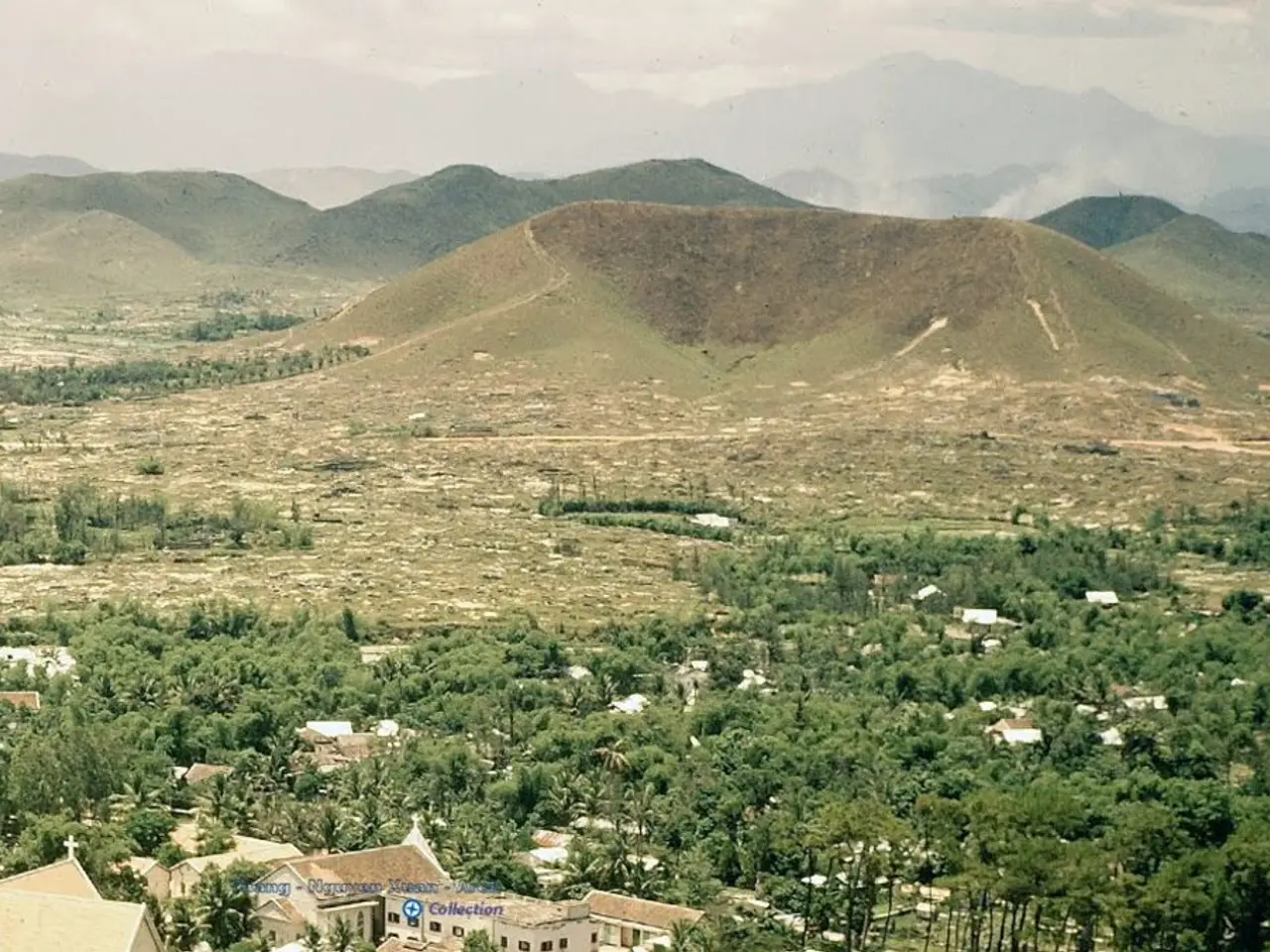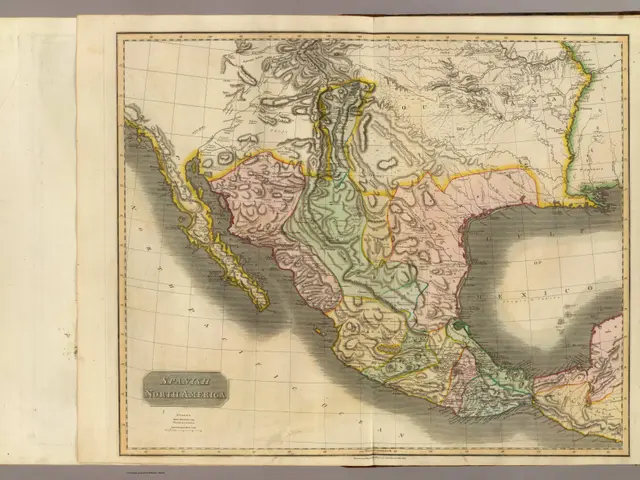Mathias Rotach Wins the Fourth Sergey Zilitinkevich Memorial Award for His Achievements in the Field of Science
Mathias Rotach Receives Memorial Award for 2022
Mathias Rotach, Professor of Dynamic Meteorology at the University of Innsbruck, has been honoured with the Memorial Award for 2022. The prestigious award, dedicated to the memory of Sergej Zilitinkevich, a pioneer in the study of the atmospheric boundary layer, was presented on September 10, 2022, at the annual meeting of the European Meteorological Society in Ljubljana.
Rotach's expertise lies in the investigation of the exchange between atmosphere and surface in complex terrain, such as urban and mountainous regions. His research focuses on the dynamics of the atmospheric boundary layer, mountain weather and climate, and the modeling of air pollutants.
Rotach's involvement in the field extends beyond academia. He is actively engaged in national and international committees, including the World Meteorological Organization (WMO), helping to shape the interface between research and environmental policy. His work has been instrumental in several international large-scale projects, such as the Mesoscale Alpine Programme (completed) and TEAMx (ongoing).
Before his tenure at the University of Innsbruck, Rotach was active in research and teaching at ETH Zurich. After his time at ETH Zurich, he held leading positions at MeteoSwiss. In 2011, he headed the Institute for Atmospheric and Cryospheric Sciences (ACINN) at the University of Innsbruck, a position he held until 2024.
During the award presentation, Rotach delivered a lecture addressing the challenges in describing and modeling the Mountain Boundary Layer (MoBL). He discussed the unique characteristics of the atmospheric boundary layer over mountainous terrain, shedding light on the complexities and intricacies of this vital area of study.
The Memorial Award, introduced in 2022, serves as a testament to Rotach's significant contributions to the field of meteorology. His dedication to understanding and predicting weather patterns in complex terrain will undoubtedly continue to shape the future of meteorological research.
Read also:
- Amidst India's escalating climate crisis, transgender individuals continue to persevere
- Contentious Discussion Surrounding the Movie Release of "Planet of the Humans"
- Germany's three-month tenure under Merz's administration feels significantly extended
- Norway set to allocate proceeds from sales of tickets for a soccer match against Israel to Médecins Sans Frontières (MSF)








